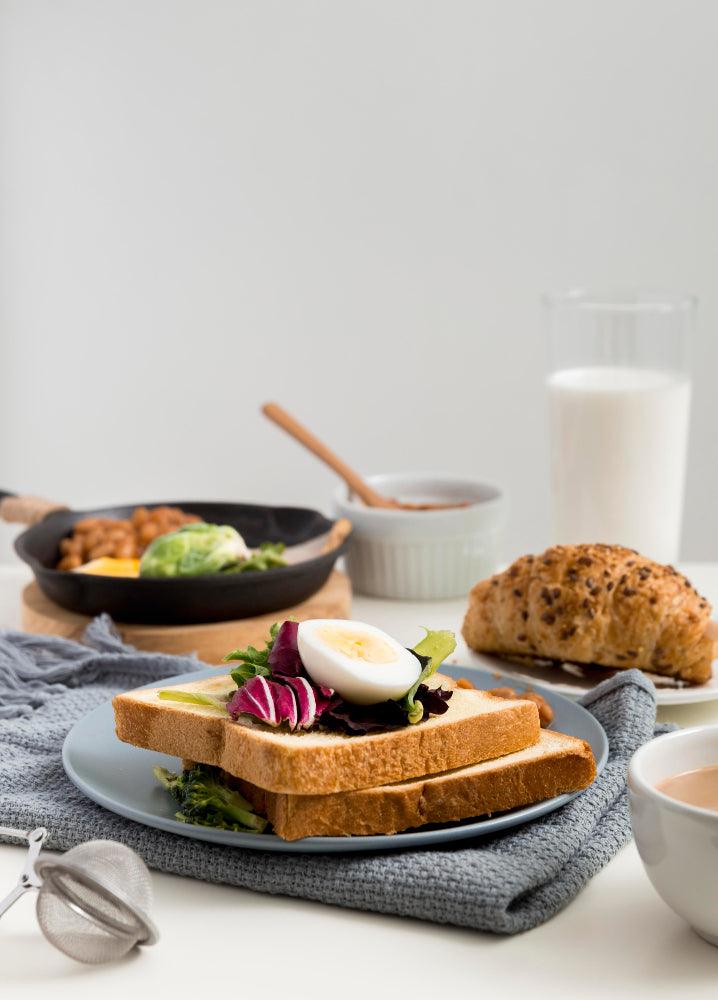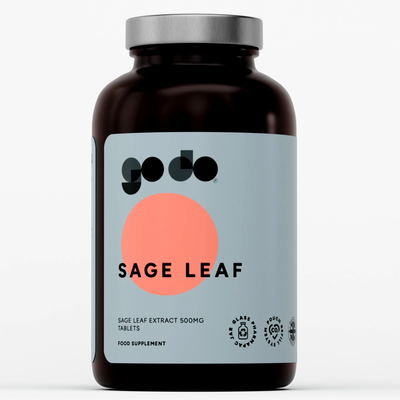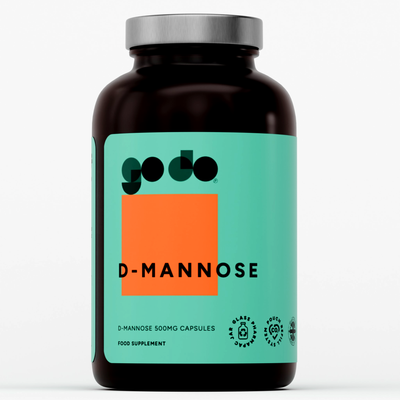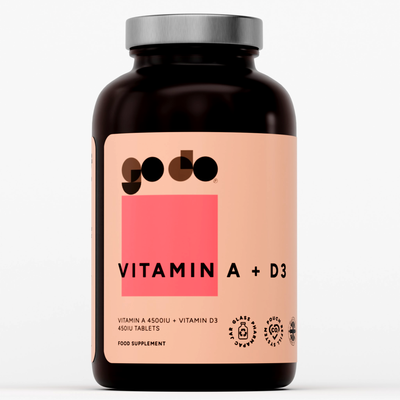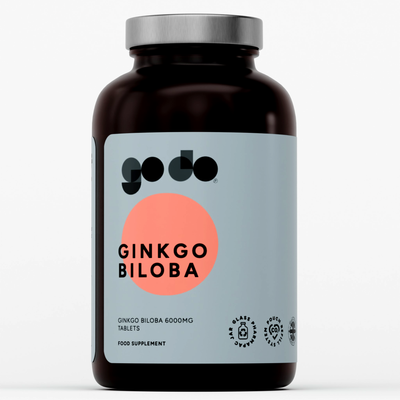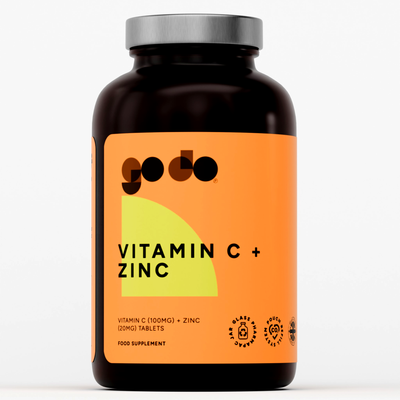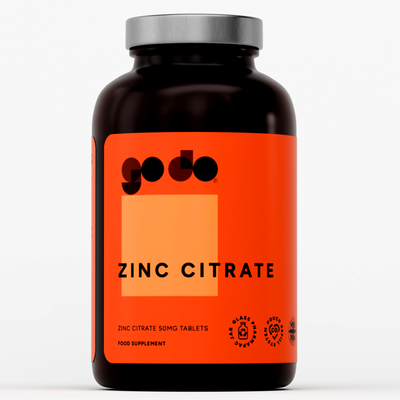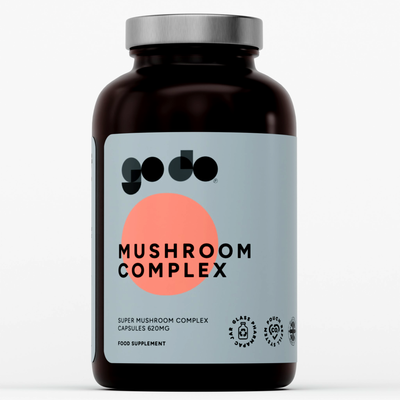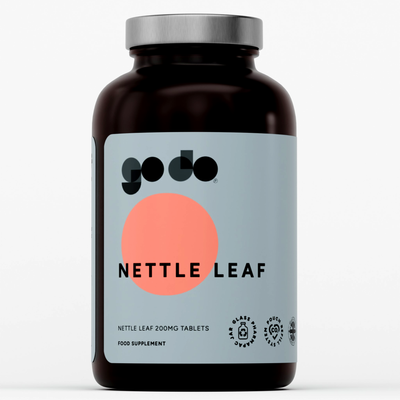Most health experts will tell you that starting your day off with a good, nutritious meal is important to achieving and maintaining maximum fitness. However, which foods you choose for this first-morning meal can mean the difference between having enough energy to get through the rest of your day or feeling as if you want to crawl back into bed.
Two of the most common breakfast foods are cereal and toast, so which one is better for setting you up for a great day? Unfortunately, the answer isn't a simple yes or no.
A Word About Breakfast Cereal
Breakfast cereals come in a variety of different options, so there is no way to give a blanket answer when it comes to this morning's food choice. Most are vitamin-fortified, which is good, but some are extremely high in sugar, which is not so good.
If you prefer to take this option and start your day with something cold and crunchy, be sure to choose cereals that are low in sugar and high in fiber as these won't impact your blood sugar as much. There are also some cereals that are higher in protein, which helps satisfy your tummy longer and build more muscle, and the milk will add a little protein too.

How About Toast?
The bread you use for your morning toast is as important as the cereal that you choose. Each one is different when it comes to nutrients it contains so, again, that is why there is no easy way to answer the question as to whether cereal or toast is better as it is all about which cereals and bread you tend to eat.
The best bread to use for morning toast is whole wheat, and selecting one high in fiber is a better for you too. To add some heart health to your toast, top it with coconut oil instead of butter. For additional protein to help tame your hunger until lunch, you may want to add a tablespoon of peanut butter.
In the end, it isn't which food category is better but, rather, which food selection within the category. Now you know which ones to choose for the best effects.
The Nutritional detail
Whether breakfast cereals are "better" than toast depends on various factors, including the specific types of cereals and toast in question, the individual's nutritional needs, and the overall context of the diet. Here's a comparison based on general nutritional considerations:
Nutritional Content:
- Breakfast Cereals: Cereals can vary widely in nutritional content. Some are high in whole grains and fiber, while others are laden with sugar. Whole grain cereals can be a good source of fiber, vitamins, and minerals. However, many commercial cereals are heavily processed and might contain a significant amount of added sugars and artificial additives.
- Toast: The nutritional value of toast depends on the type of bread used. Whole grain or whole wheat bread will generally be richer in fiber, vitamins, and minerals compared to white bread. Adding toppings like avocado, nut butter, or eggs can further enhance its nutritional profile.
Calories:
- Breakfast Cereals: Cereals can be calorie-dense, especially if they're sugary or consumed in large portions. They can also become more calorie-rich when paired with whole milk or additions like dried fruits and nuts.
- Toast: Generally, toast has fewer calories than many breakfast cereals, especially if you're comparing a slice of toast to a large bowl of cereal. However, the calorie count can increase significantly based on toppings.
Satiety:
- Breakfast Cereals: High-fiber, whole grain cereals can be quite filling, especially when paired with protein sources like milk or yogurt.
- Toast: Whole grain toast can also be filling, particularly when topped with protein or healthy fats, such as eggs or avocado.
Versatility:
- Breakfast Cereals: Cereals are versatile in that they can be paired with various types of milk (cow's, almond, soy, etc.) and toppings (fruits, nuts, seeds).
- Toast: Toast offers versatility in terms of bread choices and a wide range of potential toppings.
Convenience:
Both breakfast cereals and toast are generally considered convenient breakfast options, with minimal preparation time.
Glycemic Index:
- Breakfast Cereals: Many commercial cereals, especially those high in sugars, have a high glycemic index, leading to rapid spikes in blood sugar.
- Toast: The glycemic index of toast can vary. Whole grain bread has a lower glycemic index compared to white bread.

The foods you should NEVER eat for breakfast
It is hard sometimes eating breakfast without making wholesome meals at the end of the evening. Hence the advice from a U.S. health coach to avoid eating bananas for breakfast was devastating. But don't worry, banana fans: London nutritionist Rob Hobson rubbishes the allegations and lists the five good and worst breakfast options. Click on the videos, copy the link to paste in your message. You can have bananas for breakfast despite the reports. FIVE BEST breakfasts.
Mixed cereals and milk
The majority of women enjoyed the mixed-crust breakfast. Can I buy a different product from whole wheat and milk? The groups are composed of various cereal varieties (wholegrains and refined grain and sugar cereals) with regular or low-calorie milk but no dried fruits, seeds or yogurt. Dr. Leeches advice. The choice of cereals is important. Try replacing the high-fiber cereals with a higher fiber content. Add bananas, and fruit seeds to the cereal. Get a few fruit pieces, a few nuts, and seeds when you have to rush out the door.

Do you have cereal or toast for breakfast?
Is eating carbs a “program” idea that is being manipulated by food manufacturers to induce them to think that food products are good? When work versus life is advancing fast, each one of us always complains about having no breakfast and toast. Why Are People So Hungerful? Unfortunately, many people have very low awareness about nutrition because the media tells us so much of what we know about it every day.
Is it better to eat bread or cereal for breakfast?
Whole grain breads provide about 15 percent of our daily iron requirements. Bread generally has more Vitamin D than cereals. Micronutrients are also able to vary with the enzymatic product.
Is Weetabix and toast a healthy breakfast?
Healthy Food Guide believes that the consumption of our Weet-bix products should never affect people. It contains less sugar, sodium, and saturated fat while delivering a good amount of fiber.
What is better for breakfast toast or porridge?
Both choices offer plenty of carbohydrates, especially considering the recommendation is either 1.2 g or 1.5 g carbohydrates per kg weight.
Which is healthier bread or cereal?
Breads are usually rich in nutrients, as compared to cereals. Micronutrition amounts will be different if the product is enriched with enriched nutrients.
Is toast good enough for breakfast?
Are Toasts Healthy? Yeah! These twelve healthy breakfast ideas are a healthy way to enjoy breakfast at work. It is also high in protein, fiber and good fat thanks to the addition of toppings which keeps you full longer.
Can I eat bread and still lose weight?
Whole grain bread helps in reducing the weight of a person. Eating raw and whole foods has been proven to help to reduce belly fat. Bread contains fiber which may also help maintain a good appetite.
Can I eat bread and still lose belly fat?
According to a survey, people on a lower-calorie diet that includes whole wheat bread lost more belly fat when eating whole wheat bread. Whole grain offers more nutrients than refined products. The overdo of whole grain bread adds lb.
Conclusion:
Neither breakfast cereals nor toast is inherently "better." It ultimately depends on the specific products in question and how they're consumed. For a balanced breakfast:
- Choose whole grain cereals with minimal added sugars.
- Opt for whole grain or whole wheat toast.
- Pair either option with a source of protein and healthy fats.
- Include fresh fruit for added vitamins, minerals, and fiber.
Lastly, it's essential to consider individual dietary needs, preferences, and the broader context of one's overall diet.
